
- Article
- Article
How my wheelchair changed my life
A young woman diagnosed with a disabling condition found her world shrank without the mobility aids she needed to get outside. Finally facing the stigma around using a wheelchair transformed her everyday life.

- Book extract
- Book extract
Ayurveda: Knowledge for long life
The story of medicine in India is rich and complex. Aarathi Prasad investigates how it came to be this way.
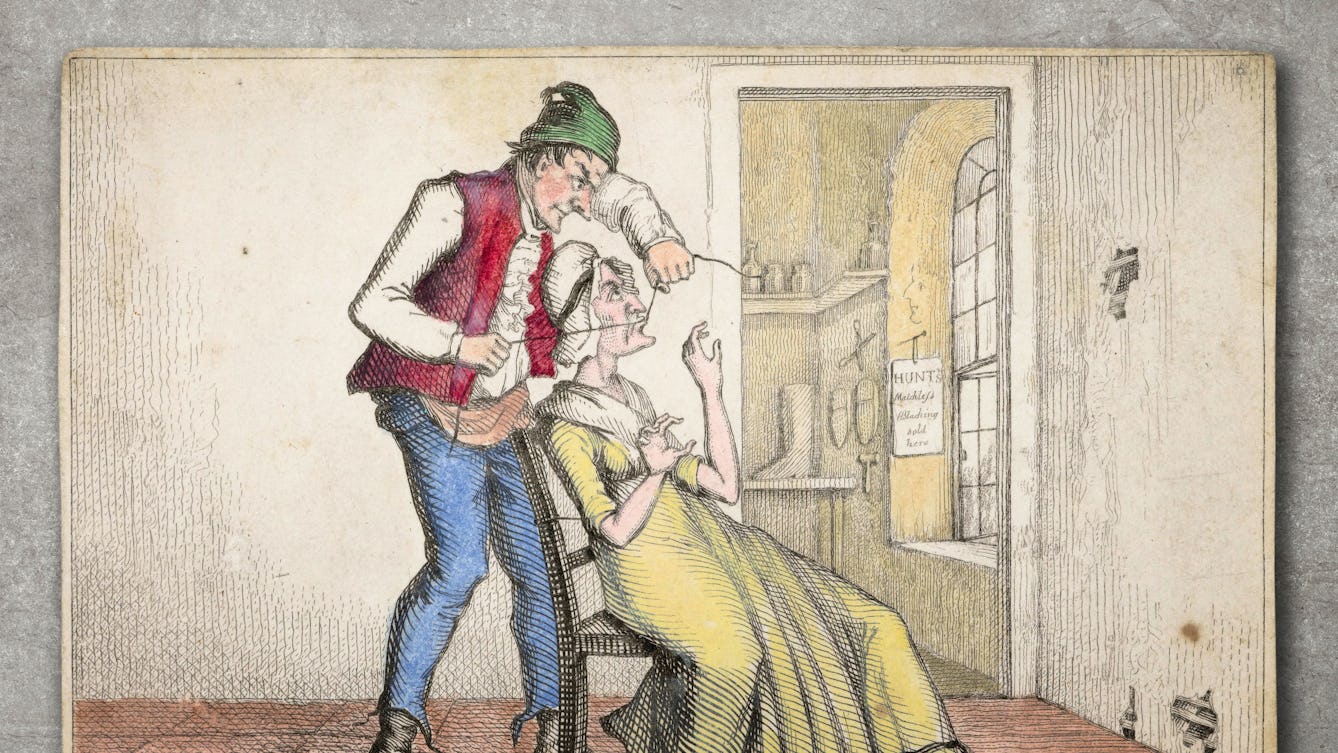
- Article
- Article
Transforming the decorative into dissent
Discover how embroidered messages by two ‘troublesome’ women in 19th-century asylums are mirrored in the therapeutic quilting work of writer Rachel May.

- Article
- Article
The seizure dog
Aparna Nair's dog Charlie made her feel safe in the world. His uncanny ability to sense when she was about to experience a seizure also gave her an unexpected ally in her struggles with epilepsy.

- Article
- Article
Befriending heavy breathers
Read the fascinating story behind the rare manual that helped volunteers on one of Britain’s first free telephone helplines to deal with masturbating callers.

- Article
- Article
Making sunstroke insanity
Medical historian Dr Kristin Hussey takes a closer look at sunstroke and mental illness, and how, in the late 19th century, they connected at the crossroads of colonial science and the idea of whiteness.

- Article
- Article
The soul in the stomach
A 17th-century physician’s controversial theory about the link between the emotions and the stomach reminds us that we shouldn’t ignore our ‘gut feelings’.

- Article
- Article
When wounds replace words
For the many thousands of refugees waiting in Greece, the process to establish the truth of their tragic personal histories is often extremely upsetting. But a group of medics and legal workers is working together to make the system more humane.

- Article
- Article
Confronting male stereotypes in the classroom
Sometimes men just don’t like football. Writer and teacher Okechukwu Nzelu decides to be himself in front of his students.
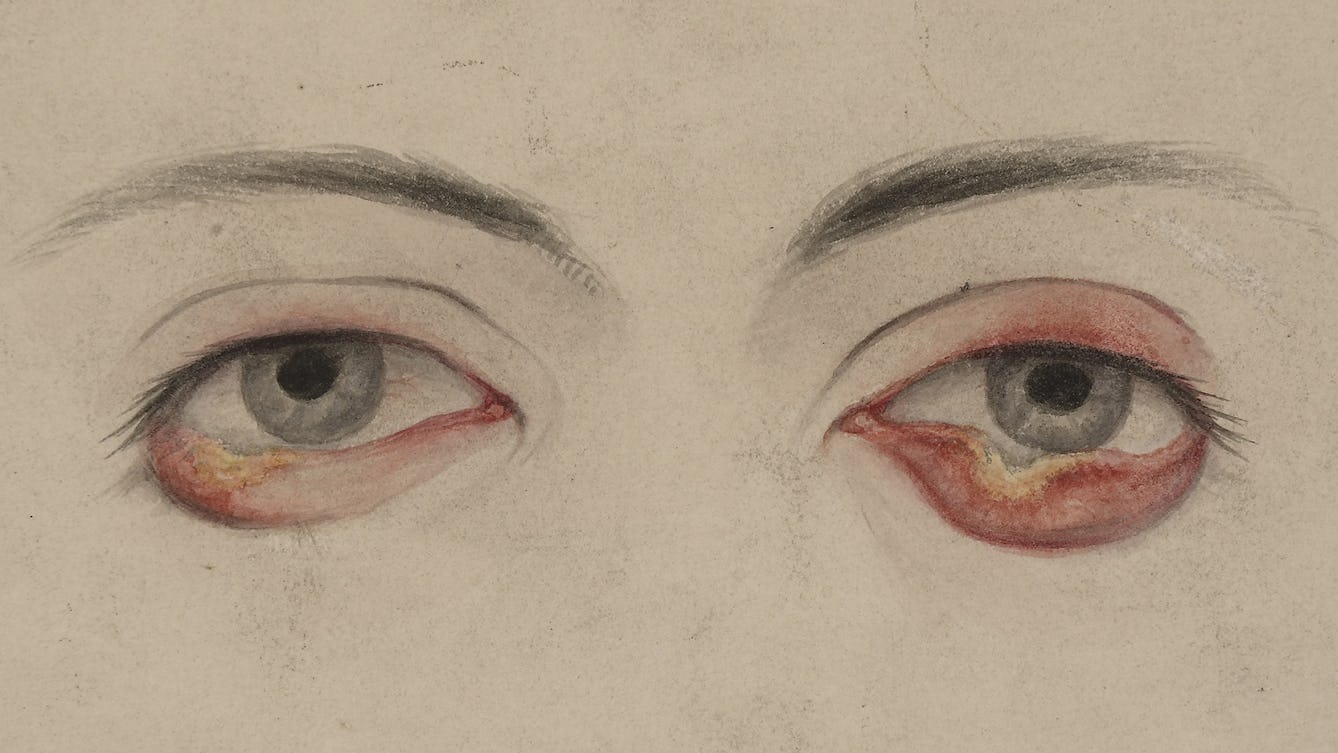
- Article
- Article
The prostitute whose pox inspired feminists
Fitzrovia, 1875. A woman recorded only as A.G. enters hospital and is diagnosed with syphilis.

- Article
- Article
Homes for the hives of industry
By building workers’ villages, industry titans demonstrated both philanthropy and control. Employees’ health improved, while rulebooks told them how to live ideal lives.
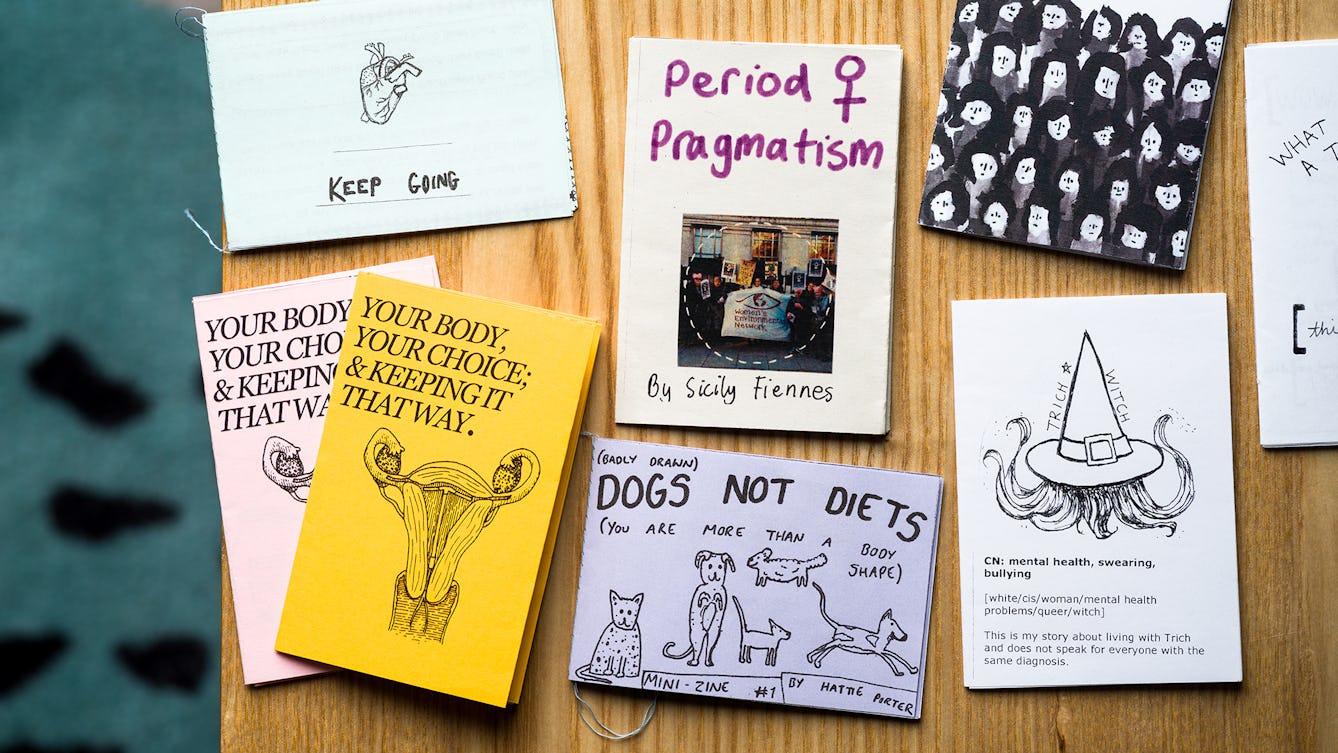
- Article
- Article
Six personal health zines that might change your life
Personal zines put health conditions back in the hands of the people who experience them. Here are six that Wellcome Collection staff love.

- Article
- Article
Life on the line
Former Samaritans helpline volunteer Katy Georgiou recalls the desperate voices she heard during her night shifts, and those whose isolation she helped to alleviate.
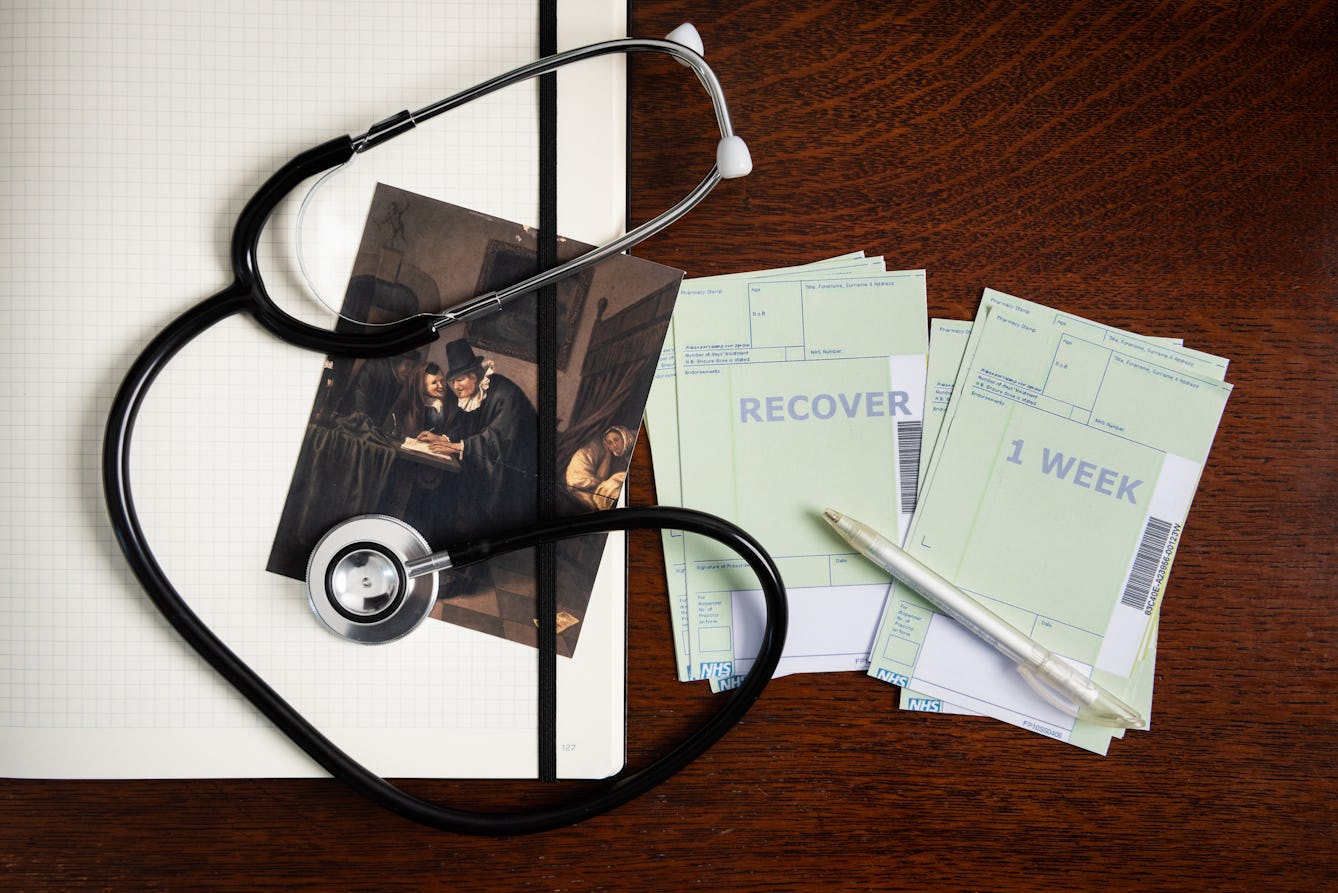
- Book extract
- Book extract
Permission to recover
When it comes to illness, sometimes the end is just the beginning. Gavin Francis argues why being given permission to recover is so important.
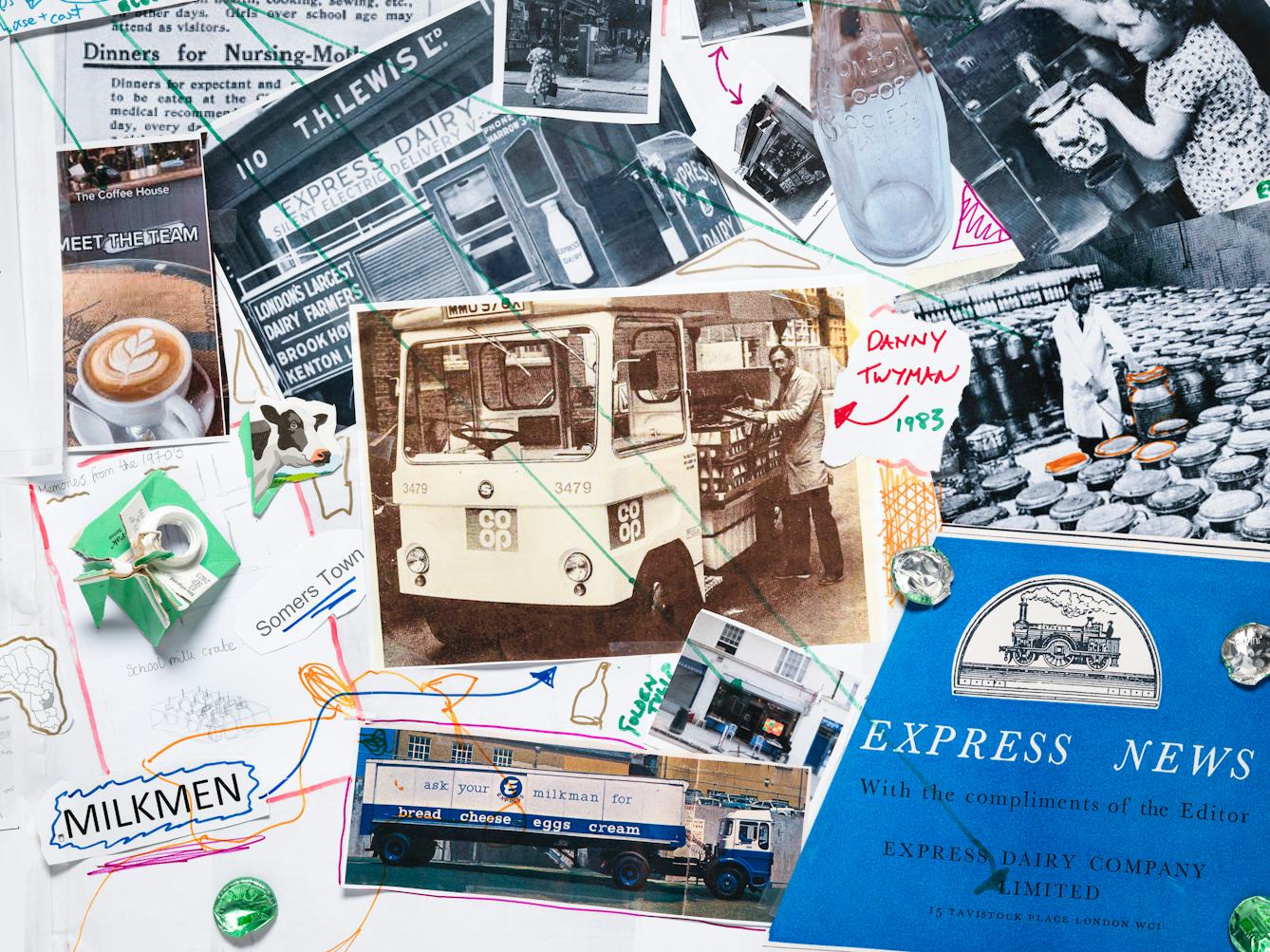
- Article
- Article
Milk trails round Euston
Where cows once grazed near Wellcome Collection in London, baristas now froth their milk. Esther Leslie uncovers Euston’s dairy-based urban history.

- Article
- Article
When self-deception becomes global hoax
Being deceived isn’t always a case of believing someone else’s lie. Experiments have shown that many of us can be manipulated into accepting our own fictions as true.

- Article
- Article
Is it really OK to not be OK?
Our mental healthcare system is still the poor relation of services that treat physical illness, and the pandemic has shone a spotlight on this situation. Campaigner James Downs argues for fundamental change.
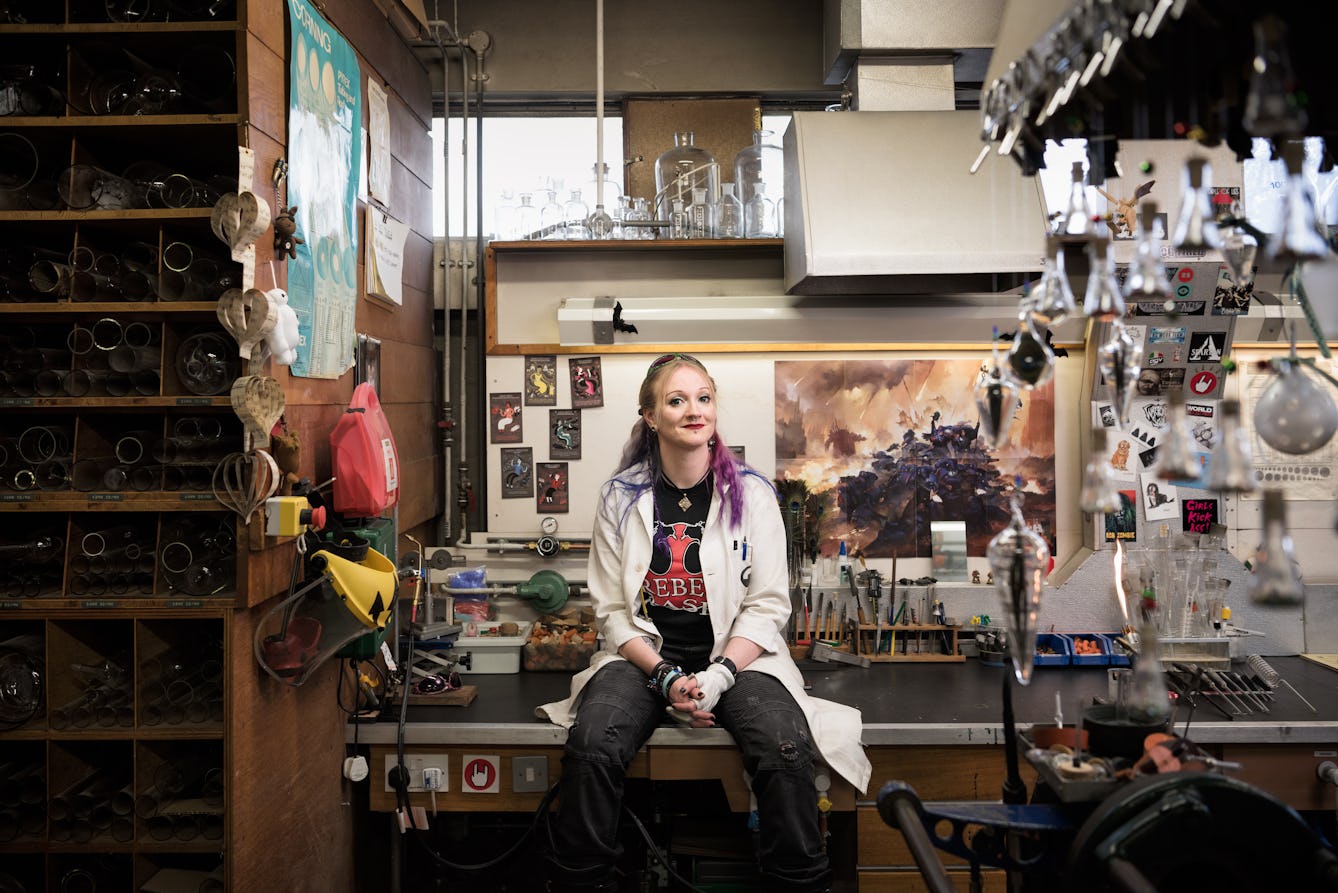
- Article
- Article
The art of scientific glassblowing
Exciting things happen when art, craft, engineering and science collide. Glassblower Gayle Price is proof of that.

- Article
- Article
The unearthly children of science fiction’s Cold War
In the 1950s a new figure emerged in British novels, film and television: a disturbing young alien that revealed postwar society’s fear of the unruly power of teenagers.
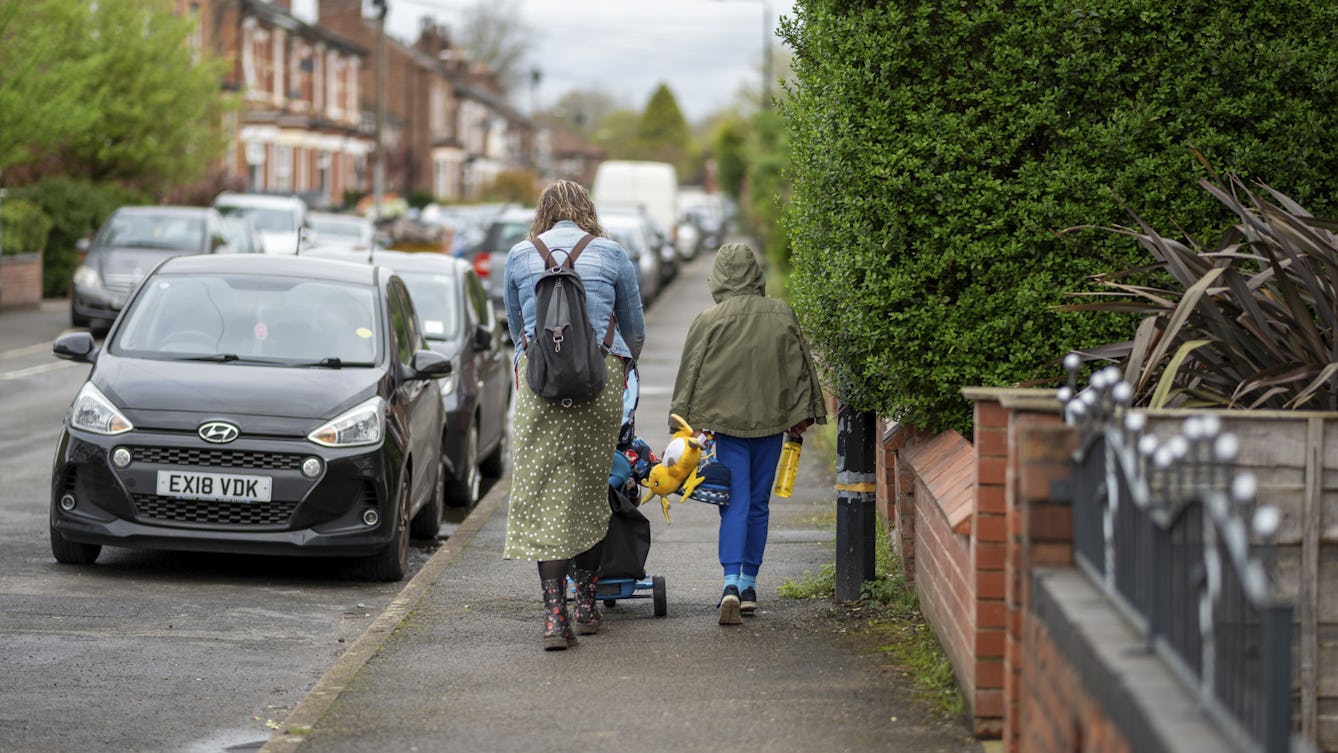
- Article
- Article
Unmasking neurodivergent parenthood
Observing her eldest child’s neurodivergent traits and supporting his education set Erin Beeston wondering about her own ‘odd’ behaviour in childhood, and whether adult diagnosis could be empowering.

- Article
- Article
The family food of a kebab van man
Melek Erdal celebrates the physical and mental resilience of her father Yusuf, forged by isolation and dislocation, and reinforced by the distinctive cuisine of his home country, Turkey.

- Article
- Article
A history of mindfulness
Matt Drage questions how an ancient religious practice became a secular cure for stress.

- Article
- Article
The shifting shape of language
Author Jessica Andrews explores how her brother’s deafness has influenced her relationship with words and the world.
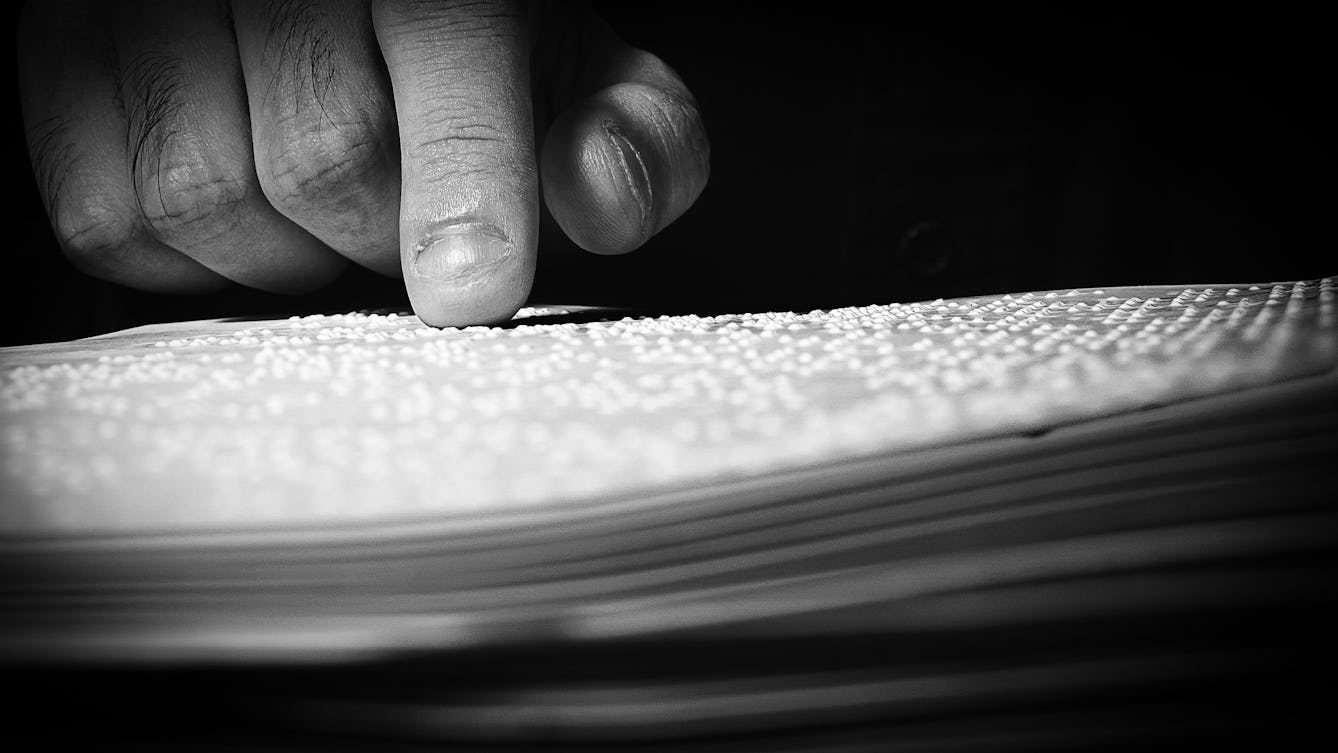
- Article
- Article
Bringing Braille back to the modern world
For anyone who thinks Braille is so last century, read on. New tech is helping dust Braille down and bring it to today’s visually impaired people.

- Article
- Article
How injury changed my brain
Meg Fozzard, who experienced a brain injury in her 20s, writes about the huge impact it's had on her life, and talks to others with similar injuries.